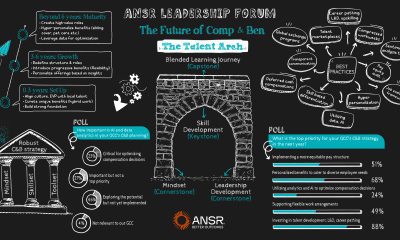Education
Government approves Rs 5,718 crore STARS project to boost education outcomes with World Bank
The government has approved the implementation of the Strengthening Teaching-Learning and Results for States (STARS) project with a total project cost of Rs 5,718 crore with the financial support of World Bank amounting to US$500 million.
The STARS project would be implemented as a new Centrally Sponsored Scheme under Department of School Education and Literacy, Ministry of Education. The project covers six states – Himachal Pradesh, Rajasthan, Maharashtra, Kerala, Odisha and Madhya Pradesh. It seeks to support the states in developing, implementing, evaluating and improving interventions with direct linkages to improved education outcomes and school to work transition strategies for improved labour market outcomes. The overall focus and components of the STARS project are aligned with the objectives of National Education Policy (NEP) 2020 of Quality Based Learning Outcomes.
Union Minister Prakash Javadekar said the scheme aims to ensure that learning is based on understanding of a subject. “There will be separate assessment board or institution that will come into force. The programme is aided by the World Bank. The central government with World Bank aid will give about Rs 3,700 crore and Rs 2,000 crore will come from the states,” he said. “Similar programme with ADB cooperation will be rolled out in Gujarat, Jharkhand, Uttarakhand, Assam and Tamil Nadu. This is an important milestone at the start of the new education policy.”
The project envisions improving the overall monitoring and measurement activities in the Indian School Education System through interventions in selected states. It shifts focus from the provision of inputs and maintaining of outputs to actual outcomes by linking the receipt and disbursement of funds. The STARS project has two major components, the first being at the national level. The project envisages to strengthen MOE’s national data systems to capture robust and authentic data on retention, transition and completion rates of students, to support MOE in improving states PGI scores by incentivizing states governance reform agenda through State Incentive Grants (SIG), to support the strengthening of learning assessment systems, and to support MOE’s efforts to establish a National Assessment Center. The project also includes a Contingency Emergency Response Component (CERC) under the National Component which would enable it to be more responsive to any natural, man-made and health disasters. Furthermore, at the state level, the project envisages strengthening Early Childhood Education and Foundational Learning, improving Learning Assessment Systems, strengthening classroom instruction and remediation through teacher development and school leadership, governance and Decentralized Management for Improved Service Delivery, and strengthening vocational education in schools through mainstreaming, career guidance and counselling, internships and coverage of out of school children.








































Pingback: Edtech startups attracted over USD 2.22bn funding in 2020: Report | The Plunge Daily